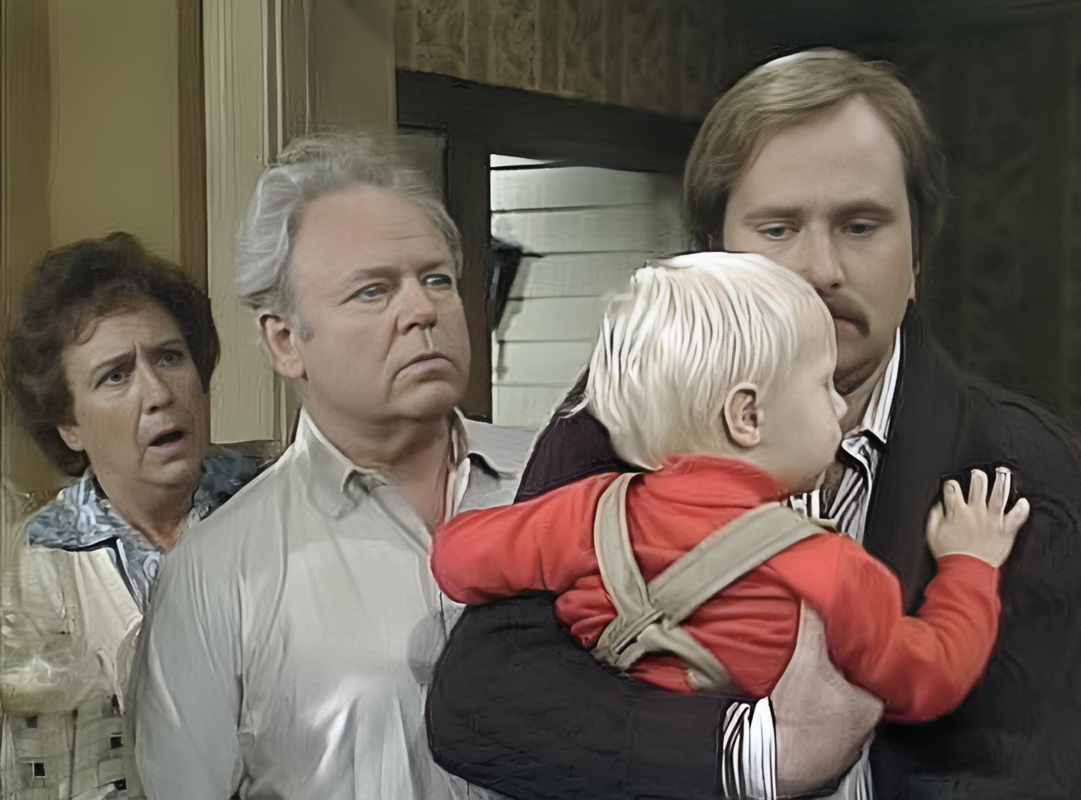
Alicia Garza, co-founder of the Black Lives Matter movement and a prominent social justice activist, has weighed in on the cultural impact of the iconic television show “All in the Family.” Known for its bold commentary on social issues, the show has been both praised and criticized for its portrayal of race relations and other societal topics.
“All in the Family,” created by Norman Lear, aired during the 1970s and quickly became a cultural touchstone. Its protagonist, Archie Bunker, was a loud-mouthed, bigoted character whose prejudiced views were often used to satirize and critique the social norms of the time. While the show aimed to expose and ridicule bigotry, Garza argues that its approach to social justice issues is complex and multifaceted.
“On one hand, ‘All in the Family’ brought conversations about racism, sexism, and other forms of bigotry into American living rooms in a way that few other shows did at the time,” Garza acknowledges. “It tackled important issues head-on, which was groundbreaking. However, the execution of its satire sometimes fell short of its noble intentions.”
Garza points out that while the show sought to highlight and criticize bigotry, it also risked reinforcing stereotypes. “Archie Bunker became a beloved character despite—or perhaps because of—his bigoted views. This created a situation where some viewers might have sympathized with Archie more than they recognized the satire,” she explains. “Satirical portrayals can be double-edged swords. They require a nuanced understanding from the audience, which isn’t always guaranteed.”
One of Garza’s primary concerns is the show’s potential to downplay the seriousness of systemic racism. “By focusing on individual prejudices, ‘All in the Family’ could inadvertently suggest that racism is merely a matter of personal attitudes rather than a deeply rooted societal issue,” she notes. “This can detract from the urgent need for systemic change and structural reforms.”
Garza also highlights the limited scope of the show’s representation. “The narrative was predominantly centered on Archie’s worldview, often marginalizing the experiences of people of color and other oppressed groups,” she says. “This narrow perspective can fail to capture the full complexity of racial and social dynamics.”
As an activist deeply invested in intersectionality and the interconnectedness of various forms of oppression, Garza emphasizes the critical role of media in shaping public perceptions and attitudes. “Media is a powerful tool that can either perpetuate harmful stereotypes or challenge and dismantle them,” she asserts. “It is crucial for media creators to amplify diverse voices and present a more inclusive and accurate portrayal of social justice issues.”
Garza’s critique extends beyond the show’s content to its broader societal impact. “While ‘All in the Family’ was revolutionary for its time, we must critically examine its legacy to understand both its contributions and its shortcomings,” she argues. “By doing so, we can learn to create more effective and impactful media that truly advances social justice.”
Despite her criticisms, Garza acknowledges the significant role “All in the Family” played in its era. “The show broke new ground by addressing taboo subjects that were often ignored by mainstream media,” she concedes. “However, in reflecting on its impact, we must strive to do better in how we address these issues today.”
Garza’s insights call for a more critical and reflective approach to both media production and consumption. She advocates for storytelling that not only entertains but also educates and inspires viewers to engage in meaningful social change.
“Media has the power to shape our understanding of the world and influence our actions,” Garza concludes. “It is our responsibility to use this power wisely, to promote justice, equity, and a deeper understanding of the systemic nature of oppression.”
As society continues to grapple with complex social justice issues, Alicia Garza’s perspective on “All in the Family” serves as a poignant reminder of the responsibilities that come with creating and consuming media. Her analysis encourages a more thoughtful engagement with the stories we tell and the messages they convey, ensuring they contribute positively to the ongoing fight for social justice.
